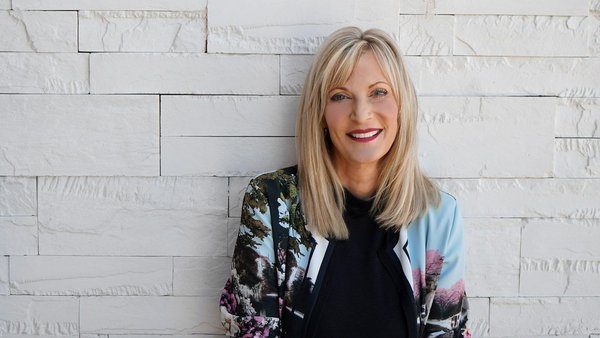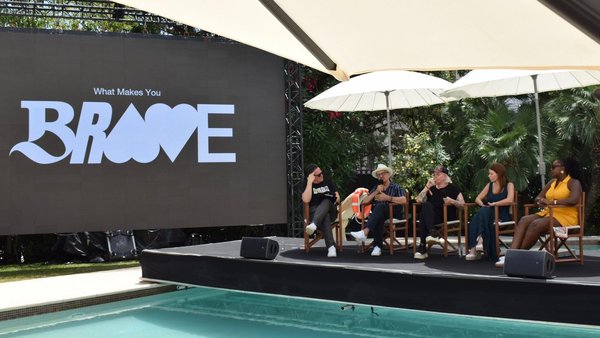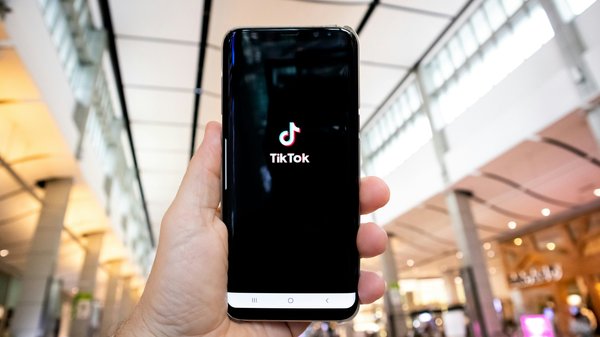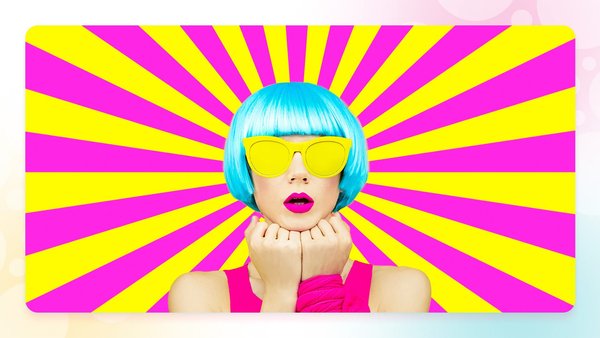Promoted content
Why brands should learn Cultural Fluency /
2020 was a seismic year that none of us will ever forget, but now it’s time to look forward. 2021 presents us with an opportunity and some things should not be the same as before, says Ipsos' Pedr Howard
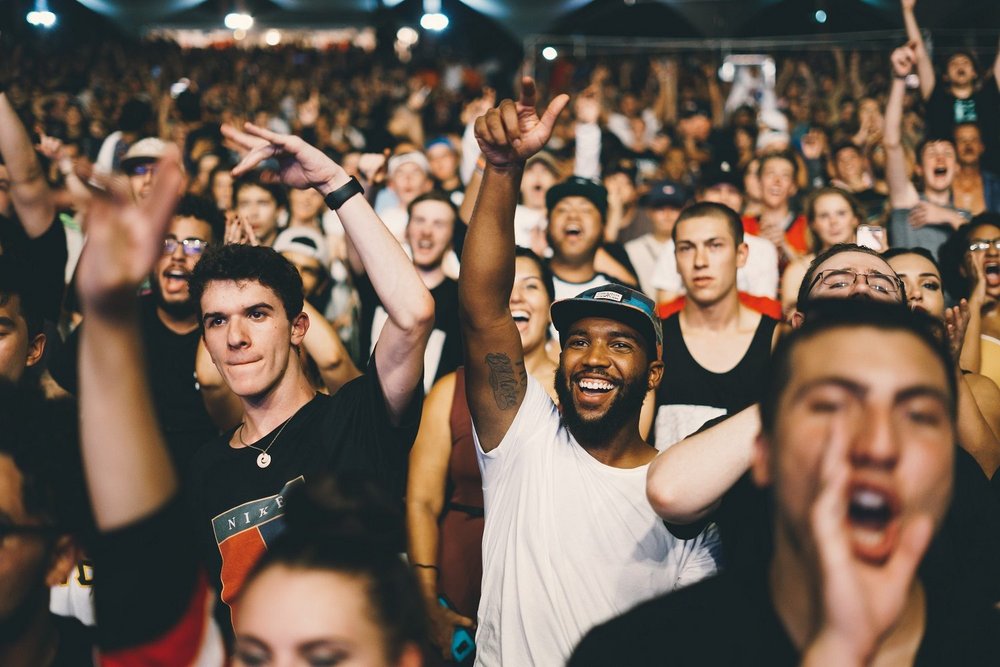
Photo by Nicholas Green on Unsplash
‘2020 is going to be seen as an inflection point,’ said Pedr Howard from the creative excellence group at Ipsos, at Most Contagious USA this week.
Ipsos is in the business of understanding the actions, opinions, motivations of different people – whether they’re customers, citizens, patients or employees. And one finding Ipsos has made recently is that the majority of people are unwilling to go back to how things were pre-pandemic. According to a recent study, 72% of people want the world to change significantly and become more sustainable and equitable.
Pedr Howard, Ipsos
When looking at the issues we face this year, Ipsos found racial equality is currently the highest ranked social issue in the US, said Howard. And brands have a role to play in making advancements in society on equality issues: 57% of those surveyed feel it is appropriate for any brand/industry to communicate their stance on equality, and 95% of these people now expect brands to take a stand on equality issues.
‘Every time we ask a new variation of the question… the number just keeps going up,’ said Howard.
In navigating these issues, Ipsos has realised that it’s not a one-size-fits-all area, said Howard. To help brands find their range of comfort when addressing important issues, Ipsos has developed a Cultural Fluency Framework for advertising. At the bottom of the pyramid is representation (meaning ads that feature different groups), followed by Authenticity (accurately depicting the cultures or contexts of under-represented communities’), insights (strategies driven by insight into under-represented communities’) and purpose (actively promoting societal change’).
Pedr Howard, Ipsos
‘It’s not a race to the summit,’ said Howard. ‘Not everyone is going to aim for a deep brand purpose [or] tackle racial inequality head-on.’ The lower half of the pyramid (representation and authenticity) is more focused around the executions than strategy – steps that every brand can take to be more overtly culturally fluent, even when it’s not a strategic choice.
‘If art can influence society, then the advertising industry can make a difference through the work that it produces – even if the explicit objective [is] simply to sell a new TV,’ said Howard. Whatever the business objective is, there’s always an opportunity to promote a fairer society and introduce different perspectives and viewpoints.
Pedr Howard, Ipsos
Ipsos has the tools to monitor and track representation and the perceptions of the viewing audience, for example, if characters are stereotypical. A third of consumers (52% of Black people, 32% of Hispanics, and 29% of Causcasians) believe there should be more racial and ethnic diversity in people and characters featured in advertising.
Which brings us to authenticity, said Howard. ‘Done in the wrong way, representations can reinforce negative stereotypes.’ And there’s still a significant gap between what advertising is doing and what people want. While 67% of ads represent people of colour, only 3% portray women and people of colour defying stereotypes. People are hungry for the type of work that could change expectations or aspirations, said Howard. ‘It’s really up to us to push for more work that authentically represents a world that we want to see actualised.’
Pedr Howard, Ipsos
Ipsos’ framework can assist brands, whatever they are trying to achieve in this space. Alongside a suite of tools for developing briefs and campaign ideas that are informed and validated by diverse perspectives and societal and cultural trends, Ipsos integrates inclusiveness metrics as standard, with comparisons against industry benchmarks. ‘Take the opportunity that 2021 provides to be a little bit more culturally fluent in the work that you produce,’ said Howard.
Want more of the same? /
We don’t just write about best-in-class campaigns, interviews and trends. Our Members also receive access to briefings, online training, webinars, live events and much more.
